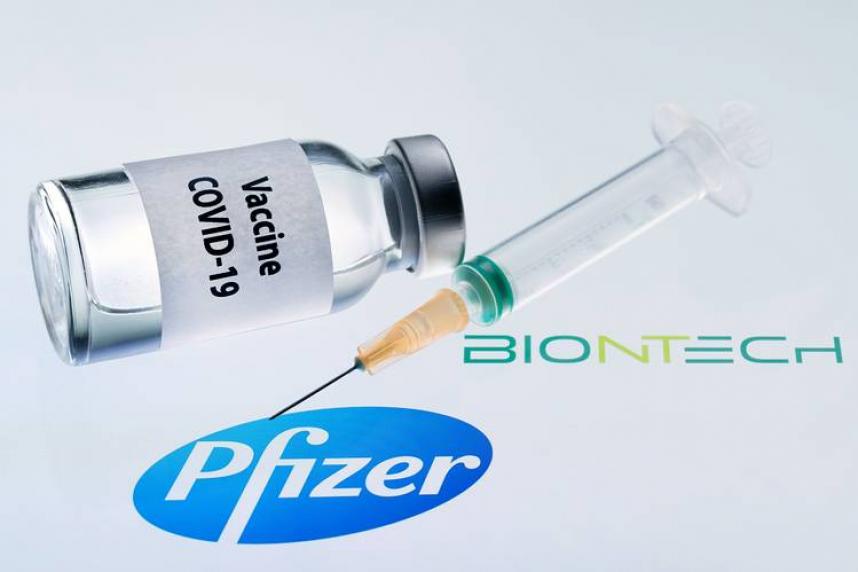
Britain approved Pfizer Inc’s COVID-19 vaccine on Wednesday, jumping ahead of the rest of the world in the race to begin the most crucial mass inoculation programme in history.
Prime Minister Boris Johnson touted the green light from Britain’s medicine authority as a global win and a ray of hope for the end of the pandemic, though he recognised the logistical challenges of vaccinating an entire country of 67 million.
Britain’s move raised hopes that the tide could soon turn against a virus that has killed nearly 1.5 million people globally, hammered the world economy and upended normal life for billions since it emerged in Wuhan, China, a year ago.
Britain’s Medicines and Healthcare products Regulatory Agency (MHRA) granted emergency use approval to the vaccine developed by Pfizer and German biotechnology partner BioNTech, which they say is 95% effective in preventing illness, just 23 days after Pfizer published the first data from its final stage clinical trial.
“Fantastic news,” Johnson told parliament, though he cautioned that people should not get carried away.
“At this stage it is very, very important that people do not get their hopes up too soon about the speed with which we will be able to roll out this vaccine.”
U.S. and EU regulators are sifting through the same Pfizer vaccine trial data, but have yet to give their approval.
Britain’s swift decision drew criticism from Brussels where, in an unusually blunt statement, the EU regulator said its longer procedure was more appropriate and based on more evidence.
Johnson might be persuaded to take a COVID-19 shot on television to show it was safe, but he would not have one before those in greater need, his press secretary said.
Britain said it would start vaccinating those most at risk of dying early next week after it gets 800,000 doses from Pfizer’s manufacturing centre in Belgium, and UK Health Secretary Matt Hancock said tests on that first batch had been completed.